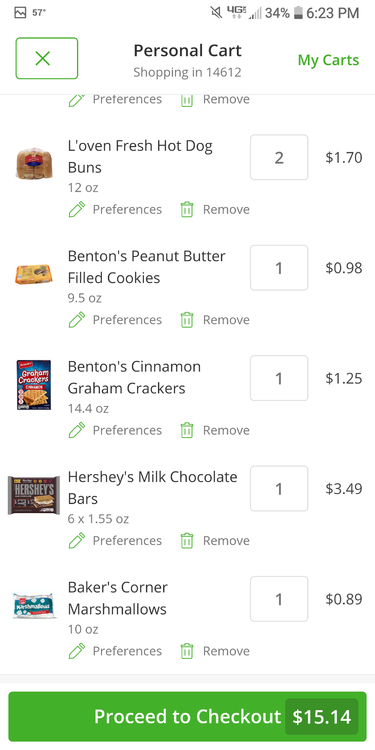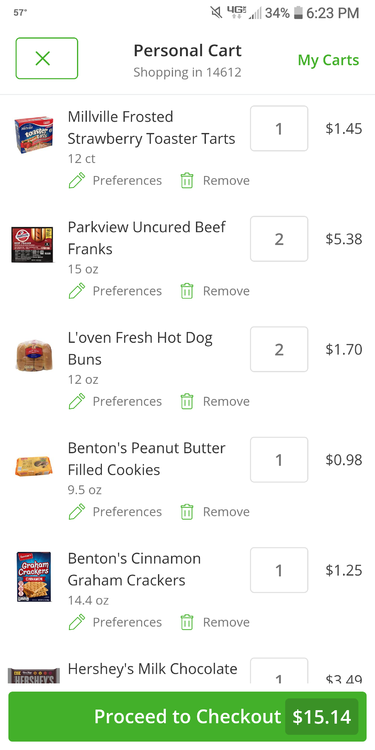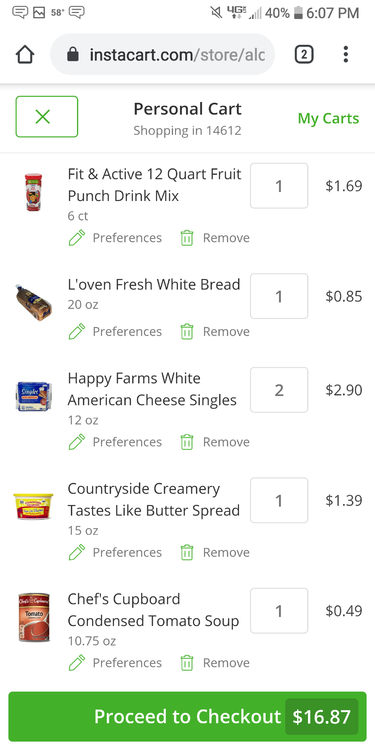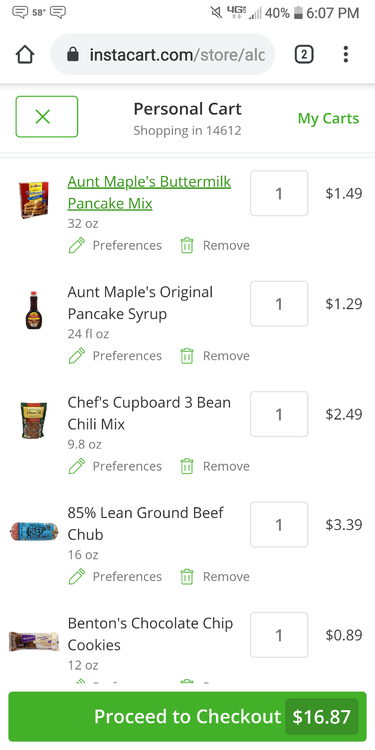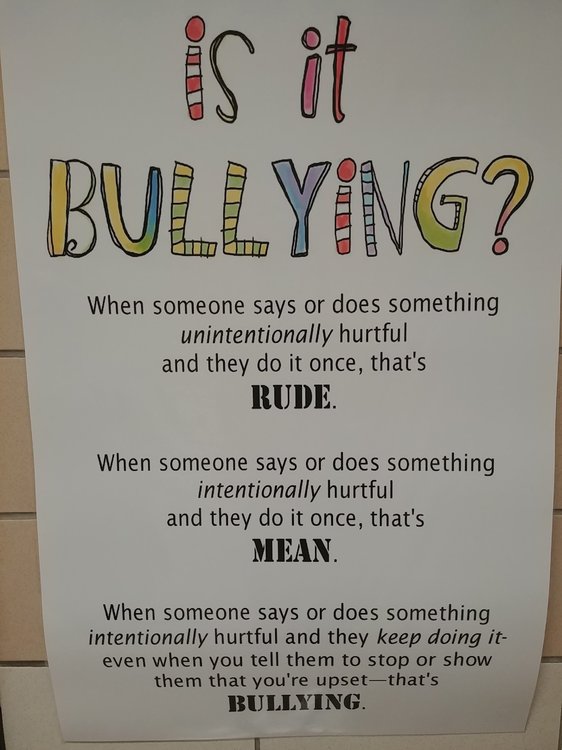
DuctTape
Members-
Posts
1707 -
Joined
-
Last visited
-
Days Won
66
Content Type
Profiles
Forums
Articles
Store
Everything posted by DuctTape
-
nice! Next move is to do it over an open fire. In some aspects it is easier as there is more room; the pots/pans aren't jammed in next to each other and you can have 3 ppl cooking simultaeneously. If you can't have a fire tho, I suppose you are stuck with the 3 burner.
-
Supporting the Patrol Method - as Unit Commissioner
DuctTape replied to The Latin Scot's topic in The Patrol Method
To put risk in perspective, most foodborne illness can be traced to food preparation. Cross contamination and/or sanitation related to the food preparer. Camp chefs not washing hands after using the latrine, and/or cutting tomatoes right after cutting raw chicken is most likely. Not using chemical rinses in cleaning the pots/pans in the woods is the least likely cause of foodborne illness. Ecoli et al does not spontaneously appear into a pot or utensil with leftover food fragments. It must be transferred. This happens during food prep. No matter how well the cooking implements were cleaned, failure to follow safe serve food prep makes any cleaning regimen futile. -
The older BSA literature used the term "trail tent" which was just a tarp. I have one from the 50s (and a wooden packframe w/canvas pack). One of these days I will show up to an event with only my old equipment.
-
Having camp more than a mile from the car would facilitate bringing a tarp instead of a "popup canopy". Even using a "car campground", the drivers do not need to drive all the way in. Most (all?) will have a parking lot closer to the entrance.
-
Do samples have to be followed verbatim, or can they be modified to fit the pack? Of course this question is rhetorical.
-
And at our troops we wonder why so many adults have never camped after having been cub leaders for 5 years. The best way to mitigate risk is through training and experience, NOT prohibition. Sadly the latter is the culture promoted at HQ.
-
our council camps routinely have small logging operations so there is always plenty of the crowns left for firewood. Oddly though, most troops will have a campfire, but still cook on a stove????
-
Very similar memories here. I was the kid who was up early and re-lit the fire using an ember buried in the ash. I was always proud I could go the entire weekend with only using a single match. Even now, I am usually the first to arise and re-light the fire when I am out with friends (or with the adults on a scout trip). My camping hasn't changed much since my scout days, except for I have learned more and am able to do more advanced types of trips. IMO unless there is a fire ban, scouts should be using open fires for cooking and camraderie. Yes, even in sub-zero winter.
-
Some may have forgotten that the original scout mess kit design was based on the concept of using it in the fire "dutch oven style".
-
Capture the flag using patrol flags becomes much more meaningful when the patrols use their flag! I still have one of my patrol flags from when I was a kid. .
-
While allergies create a much greater concern, scouts also have taste preferences and/or religious reasons for not having certain food items. (note: I am not equating the dangers with preferences.) Patrols who work together can accomodate all food issues with proper communication and planning. This is real life cut down to scout size. Imagine if the "boss" in the adult stories had a real patrol experience communicating and planning a menu for their pals, all of whom had different tastes, religious restrictions, and/or food allergies, etc... By providing this opportunity for scouts in a controlled environment, we are helping them make the safe and ethical decisions later in life.
-
Or the "untrained scout version" 2Breakfast: poptarts lunch: hot dogs dinner: hot dogs and cookies snack: smores Total: $15.14
-
Well I didn't beat you. But I met my goal of keeping the total under $20 and also trying to not have anything the same as yours. I figured this would provide more variety for folks reading Total: $16.87 2 Breakfasts: Pancakes, butter, syrup lunch: grilled cheese & tomato soup, bug juice dinner: chili dessert: choc chip cookies shopping list: see instacart screen shots
-
When I was a scout, our patrol never said anything prior to eating. We only witnessed this practice at Council wide events. In my roles over the years as a scouter, most of the time a meal blessing was done was at the direction of an adult. Usually "reminding" the scouts they do it.
-
Do we focus too much on bullying? (Or not enough?)
DuctTape replied to mrkstvns's topic in Working with Kids
-
Re: adult volunteers. start with a specific ask instead of title. For example, ask mom#1 if she can bring snacks to the next committee meeting (remind her she will be reimbursed, but give her a $limit). Ask dad#2 if he can drive scouts to the day hike location next month. etc... Folks rarely say yes to "titles" but are willing to help in some capacity. Build up from that. Be sure to thank them 3 times. First privately as soon as possible, second, publically at the "event", and lastly another private thank you when you say goodbye and have another "ask".
-
I love the challenge. I will try to remember to visit my local Aldis and see what I can come up with. Besides cost, I will also look to calories and nutrional value. Easiest way to do it is to put everything into an online recipe calculator and run it as though it was one recipe. Off to the store...
-
How about encouraging the scouts to use the Court of Honor as a way to recognize more than just advancement? Recognitions could be for individuals and for patrols. Imagine a scout being recognized by the PLC for his exemplary character on a campout, or a patrol recognized for the "most service hours" logged for the year, etc...
-
I suppose I am using "efficiency" in the most vague, most broad way. I think they all stem from lack of trust of the scouts and the program.
-
First step I would suggest is the troop committee all take the training together. This way they begin on the same page, understanding their roles/responsibilities and excising the pre-concieved beliefs which are not part of their roles.
-
One area in which we all can improve is the removal of barriers to the Patrol Method. In general, all of the things adults do to make it easier or more efficient which could be done by scouts may be barriers to developing the patrol method. For example, adults towing the troop trailer which stores equipment to the campout for easy access to gear which allows scouts to go back/forth whenever something is needed. This habit denies the patrol the opportunity to communicate, plan ahead, and learn to cooperate. Better would be the following: While planning the outing, the patrol determines which equipment they will need. The patrol QM (ad hoc) requests the equipment from the troop QM. The equipment is divided up among the patrol to be packed with their personal gear. Each patrol member is responsible for specific items. The patrol QM keeps track (a list?) of who has what. Upon return, the patrol mates return the equipment to the patrol QM who then returns it to the troop QM to store in the trailer. It is very common when I bring up these types of examples for adults to "defend their practice". While they sometimes have legitimate reasons, almost always they are just trying to justify their interference as they fail to even consider the positive rationale for doing it differently (ie, letting the scouts do it.). What other "adult efficiencies" are barriers to the Patrol Method?
-
Merit Badge Workshops and Universities
DuctTape replied to ScooterScouter's topic in Advancement Resources
Yes. This is my experience too. I have my suspicions as to why, but nothing close to definitive. -
A long time ago I worked at a video store which had a contract with the local prison to provide movies. We were given a list of "prohibited content" to exclude from the tapes we would send them. No specific film titles were excluded, just general content.
-
When McDs was developing the egg mcmuffin, they were trying to make "eggs benedict" into a sandwich. They had difficulty with hollandaise sauce (too messy I presume) and then "someone" suggested to top it with a piece of cheese and the mcmuffin was born. Another method is to make a "square" version using pie irons to fry the egg, and a square ciabatta roll instead of an english muffin. Bonus is those that want "panini style" can finish their sandwich in the pie iron (gets the cheese all melty). I usually forego the egg as they are a relative pain to pack and use extra cheese (a nice swiss or cheddar) and either sausage or ham instead of canadian bacon. All gets cooked on a tiny grill over the fire. The addition of a tomato slice and/or avocado makes it delish.
-
yeah. they can also spend two weeks at summer camp living under canvas but never once preparing their own meals, or doing anything resembling the patrol method.


